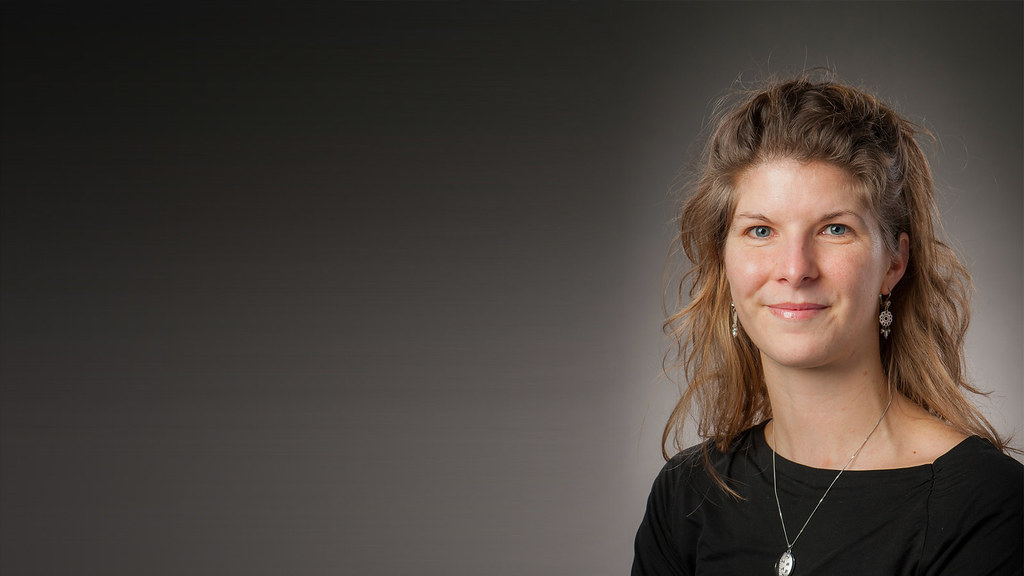Dr Cassandra Phoenix from our Department for Health will be working with Dr Vânia de la Fuente-Núñez from the World Health Organisation (WHO) to gather evidence from past and ongoing campaigns relating to ageism. The project aims to identify what has and hasn’t worked in the past.
Ageism and health
The WHO defines ageism as the stereotyping, prejudice and discrimination towards people on the basis of age. Evidence shows that ageism has negative health outcomes (lower life expectancy, longer recovery rates, increased social isolation). It also restricts the development of sound policies on ageing and health because it influences the way problems are framed, the questions that are asked and the solutions that are offered. Tackling ageism is essential to foster healthy ageing and to enable older people to continue to do what they have reason to value.
Social change
It is anticipated that the results of this project will not only inform the Global Campaign to Combat Ageism, but also the work of the WHO Global Network for Age-friendly Cities and Communities. Participating organisations, cities and communities will have the opportunity to learn from their work and that of others in ways that can benefit both existing and future campaigns.
Throughout the next decade, the Global Campaign to Combat Ageism will provide a platform to change the way we all think, feel and act towards age and ageing, so that we can jointly build and live in a world for all ages.
Dr Phoenix has been conducting research on ageing for over 15 years and has a particular interest in the everyday processes and practices of ageing well. Speaking about this success, Dr Phoenix said: “Ageism is a pervasive social issue that has received very little public or political attention when compared to other discriminatory practices such as sexism or racism. I am delighted to be working with the WHO and their partner organisations on this project, as they strive to raise awareness of ageism in everyday life and identify how best it can be tackled to improve the health and wellbeing of older adults around the world.”

